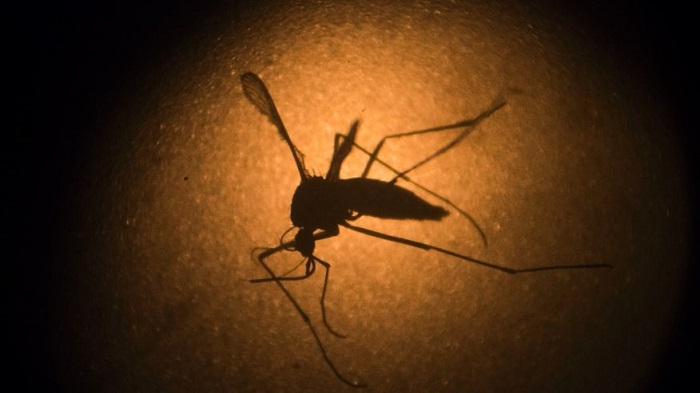Zika mosquito: thrives in hot water, hard to wipe out

The mosquito is behind the large outbreaks of Zika virus in Latin America and the Caribbean. On Friday, Florida said four Zika infections in the Miami area are likely the first caused by mosquito bites in the continental U.S. All previous U.S. cases have been linked to outbreak countries.
Five things to know about the bug:
FIRST IN AFRICA
Aedes aegypti is a small, dark, hot weather mosquito with white markings and banded legs. Scientists believe the species originated in Africa, but came to the Americas on slave ships. It`s continued to spread through shipping and airplanes. Now it`s found through much of the world, including cities across the southern United States.
YELLOW FEVER MOSQUITO
Early in the 20th century, it was the engine behind devastating yellow fever outbreaks and became known as the yellow fever mosquito. Since then, it`s also been identified as a carrier for other tropical illnesses such as dengue fever, chikungunya and Zika. Scientists say other types of mosquitoes might also spread Zika but Aedes aegypti is the main culprit. The vast majority of the mosquitoes tested recently in South Florida have been that kind.
A CITY DWELLER
Aedes aegypti has an unusually cozy relationship with people. While other species thrive in more rural areas, or at least in parks and gardens, this is a domesticated species - sort of a housecat mosquito - accustomed to living in apartment buildings and city centers. It prefers biting people to animals and likes to feed indoors, during daylight hours. It doesn`t venture far. Researchers say it doesn`t travel more than a few hundred yards during its lifetime - usually two to four weeks.
KILLED OFF, IT CAME BACK
The mosquito is a hardy bug that can be particularly challenging to get rid of. In the early 20th century, many countries tried to wipe out the mosquito with chemicals and other measures. By 1970, it was eradicated from much of South America - including Brazil. But many mosquito-control programs lapsed due to budget problems, concerns about insecticides and the success of the yellow fever vaccine. The species roared back. More recently, scientists have been exploring novel ways of curbing the pest with genetic engineering, radiation or bacterial infections.
GOING FOR BLOOD
Female mosquitoes drink human blood for nutrients used in making eggs. After a female bites an infected person, it can spread the virus through its saliva to its next human victim. While the virus is mostly spread to people through mosquito bites, scientists have established that it`s been spread through sex - mostly by men to their partners - in some cases. Zika can also be spread through blood; the virus usually stays in the blood for about a week, though it`s been seen longer in the blood of pregnant women. A U.S. lab worker was accidentally infected through blood.















































